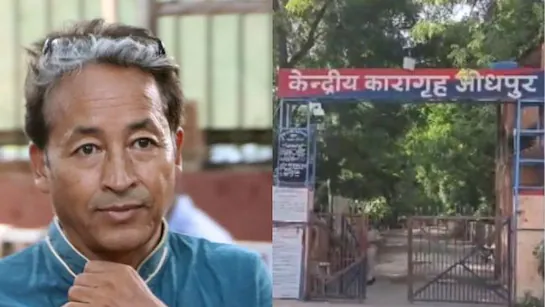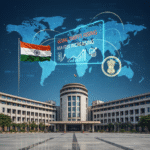
Renowned Ladakh activist Sonam Wangchuk, a leading voice demanding statehood and strong environmental protections for the region, was arrested under India’s National Security Act (NSA) on September 26, 2025. The government alleges he incited violent protests in Ladakh, which escalated into clashes resulting in four deaths and multiple injuries. This marked a significant increase in tensions as Wangchuk has been the face of popular resistance against what many perceive as government overreach in Ladakh, especially since the Union Territory was placed under direct central administration in 2019.
Background and Arrest Details
Wangchuk, a Ramon Magsaysay awardee and environmental engineer famous for his innovative contributions to sustainable development, was leading a hunger strike demanding full statehood for Ladakh and inclusion in the constitutional Sixth Schedule, which protects tribal and autonomous regions. Charges against him include alleged links to foreign funding violations and incitement through speeches referencing movements like the Arab Spring and protests in neighboring countries.
He was detained near his residence in Leh and subsequently transferred to the high-security Jodhpur Central Jail in Rajasthan, where he is kept under three-layered security and constant CCTV monitoring. His arrest under the NSA allows preventive detention without trial for up to 12 months, a provision that has sparked widespread condemnation from political parties, activists, and human rights organizations who view this as an attempt to silence dissenting voices for autonomy and environmental justice in Ladakh.
Government’s Position and Public Reaction
The Ladakh administration claims Wangchuk was involved in activities prejudicial to state security and public order, blaming him for orchestrating violent protests that damaged public property and endangered police personnel. Following his arrest, Internet services in Leh were suspended, and a curfew has been imposed to maintain law and order. Authorities insist the move is necessary for peace but critics argue it suppresses legitimate demands for political recognition and environmental safeguards.







